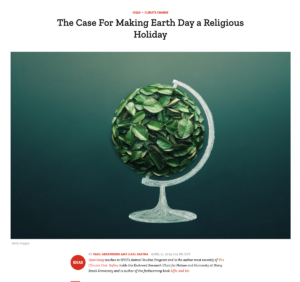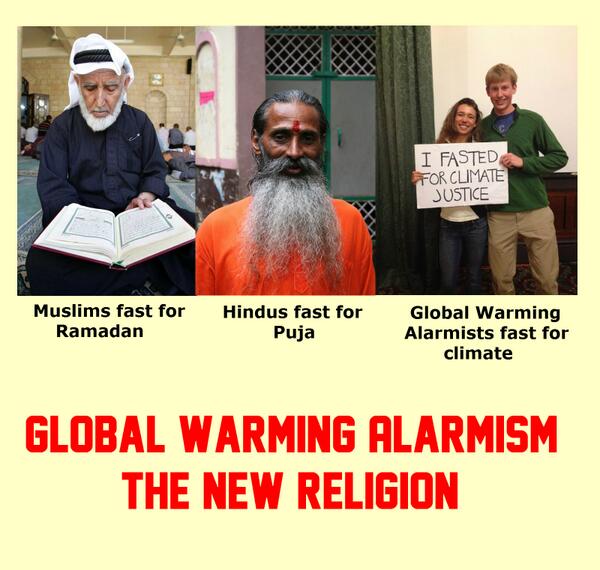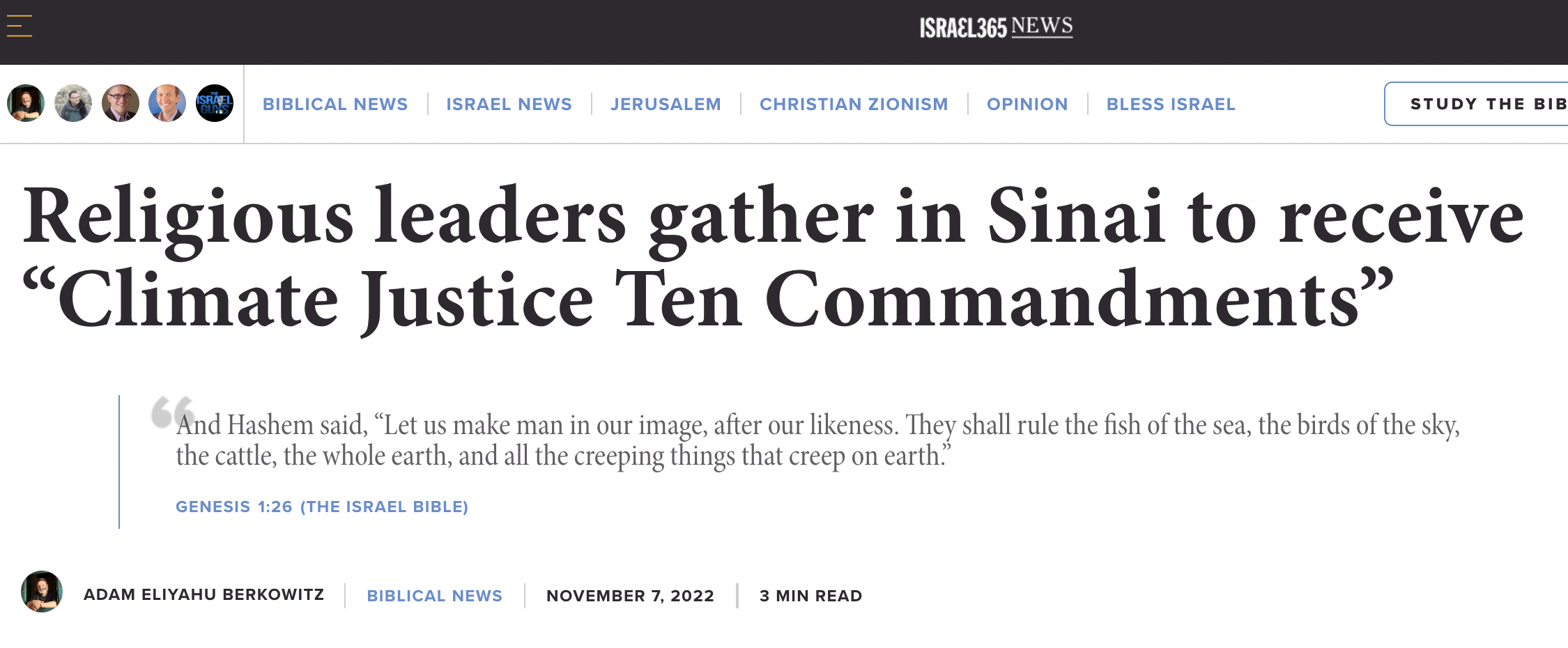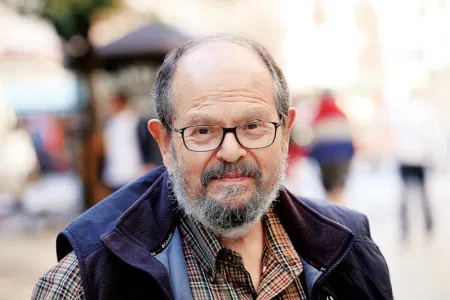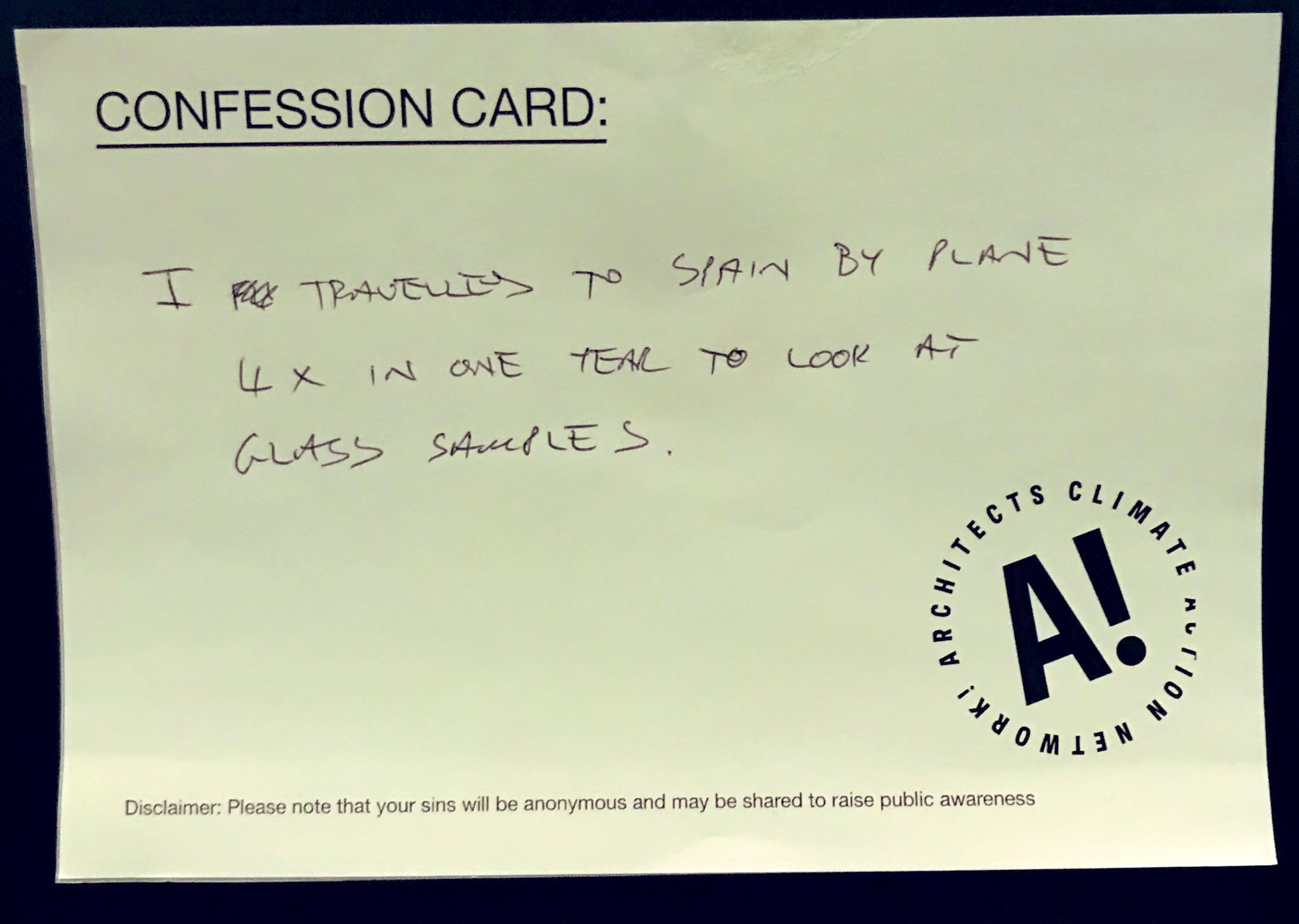https://time.com/6273684/earth-day-religious-holiday/
Earth Day is upon us—that forlorn little non-holiday that some years sandwiches itself between Easter and Passover, or other years trails in the wake of those “real” holidays. If the Super Bowl is America’s unofficial national day of celebration, Earth Day is the collective yawn that brings a shrug. No recipes offer Earth Day chips and dips to serve when friends and beloveds gather in celebration of the miracle of a living planet. Because they don’t. Not even ours.
For the two of us environmentalists—one of us nominally Jewish, the other a recovering Catholic—we find the ill-defined nature of the only day honoring the place that makes life itself possible more than a little sacrilegious. So, on this 53rd Earth Day we thought it useful to pose what a real Earth Day should represent and how it could form a central time for a new approach to worship.
Before we step further into that loaded word, let’s back up. Even as Earth has sizzled—New York City had its warmest January on record and a February more like April—the idea of honoring this planet with its miraculous coating of life has somehow fizzled.
…
So, what would an earth-reverent belief system look like with Earth Day at its center?
To begin with, let’s take a look at what established religions get right and where we might take a cue. Perhaps the first step might be, um, unearthing the nature-centered origins of our existing religious holidays. Most of us know in the back of our minds that Christmas and Hanukkah fall around the time of the winter solstice; that Easter and Passover are celebrated in tandem with the arrival of spring; that Sukkot and Diwali mark harvest and summer’s last warmth, and Eid follows the path of the moon. These holidays have origins in gratitude. Gratitude for the sun returning. Gratitude for the harvest that could avert the starvation winter might bring. Thanks for when it did avert it. We could conceivably reframe these holidays as days of thanks for what the natural world gives and reminders that our responsibility for what remains is an ongoing covenant.
Next, we might look at what religions do to help us form community and mark life’s important benchmarks: birth, maturity, marriage, and death. What if we were to come to celebrate these benchmarks for what they are biologically?
…
Are we proposing a whole new religion? We’re not quite sure. Maybe an old one. The core of all religious feeling is the sense that we are part of something much larger in space and deeper in time than ourselves. The world is certainly that. At any rate we do know that spiritual inquiry, just like scientific inquiry, is not static. Likewise a whole new continent of scientific knowledge has been revealed to us since America’s first and second religious Great Awakenings. It seems perfectly reasonable and spiritual to us that in a New Great Awakening this new knowledge-continent be incorporated into a progressive wisdom of life, death, and the universe.
In short, we must make nature central to our belief system with Earth Day or any number of earth-focused ceremonial days serving as regular reminders of what we owe our home planet. It’s symptomatic that many people seek nature in parks or on a dreamt-of photo safari. In a world of commodification, we presume nature must be a commodity, accessible by transaction. We’re accustomed to thinking that, just as cornflakes can be found in the cereal aisle, nature is stocked in places like Yellowstone. But nature isn’t just a place. And it shouldn’t be relegated to one box on the same calendar where “pick up dry cleaning” gets more ink.
We’ve got to convey to everyone that the planet whose rotation and revolution creates all 365 days is worthy of a recognition that spans all 365. Recognition of the planet was born in protest. Going forward it must be about reverence, about respect for the living world that makes human life, too, possible. Celebrating the whole world as a living miracle really should be more fun—and more win-win—than even the most-watched football game.
#
Related:
Global warming religion advances: ‘Sin, guilt, tithes, penance, punishment, sacrifice, and now we have the sacred peer-reviewed scriptures’ – Climate Depot’s Exclusive Round up of Religion climate claims
Real Science website: – ‘Only the inspired writings of the great prophets Mann and Hansen shall be read, and never by the lay folk’
Pope Francis warns mankind faces a second ‘great flood’ caused by ‘global warming’ – God used his wrath to punish injustice and ‘clean up’ the world. Francis then added that humanity is facing another ‘great deluge, perhaps due to a rise in temperature and the melting of glaciers. ‘[That is] what will happen now if we continue on the same path,’ he said.
Climate activist Priest sews his mouth shut over ‘muting of climate science by Murdoch media’

Is modern environmentalism a pagan religion? Stephen Moore: But as Pelosi’s quote makes clear, this is about symbolism. It is about ruining the economy as a sacrifice to Mother Earth. Marc Morano, the journalist who runs the Climate Depot website, asks: “Will human sacrifices be next to appease the ‘angry’ Earth gods? Actually, this bill will create human sacrifice by imposing even more suffering from energy deprivation, supply chain issues, good shortages, inflation, debt, and bad science.”
Analysis: ‘Carbon is the new devil’s spawn’ – Environmentalism Has Morphed into ‘Carbon Fundamentalism’ – JOEL KOTKIN – URBAN FUTURES AT CHAPMAN UNIVERSITY: Today’s climate activists resemble nothing so much as a religious movement, with carbon the new devil’s spawn. The green movement is increasingly wedded to a kind of carbon fundamentalism that is not only not realistic but will reduce living standards in the West and around the world. And as with other kinds of religious fundamentalism, the climate hysteria is often overwrought and obviously so…
Climate hysteria promises only gloom, class conflict and ever-increasing repression…A regime run by the climatistas is likely to be very authoritarian, with many seeing in the COVID-19 lockdowns a “test run” for top-down edicts over how people live. In a sign of things to come, Switzerland is considering jail terms for those who try to stay too warm this winter.
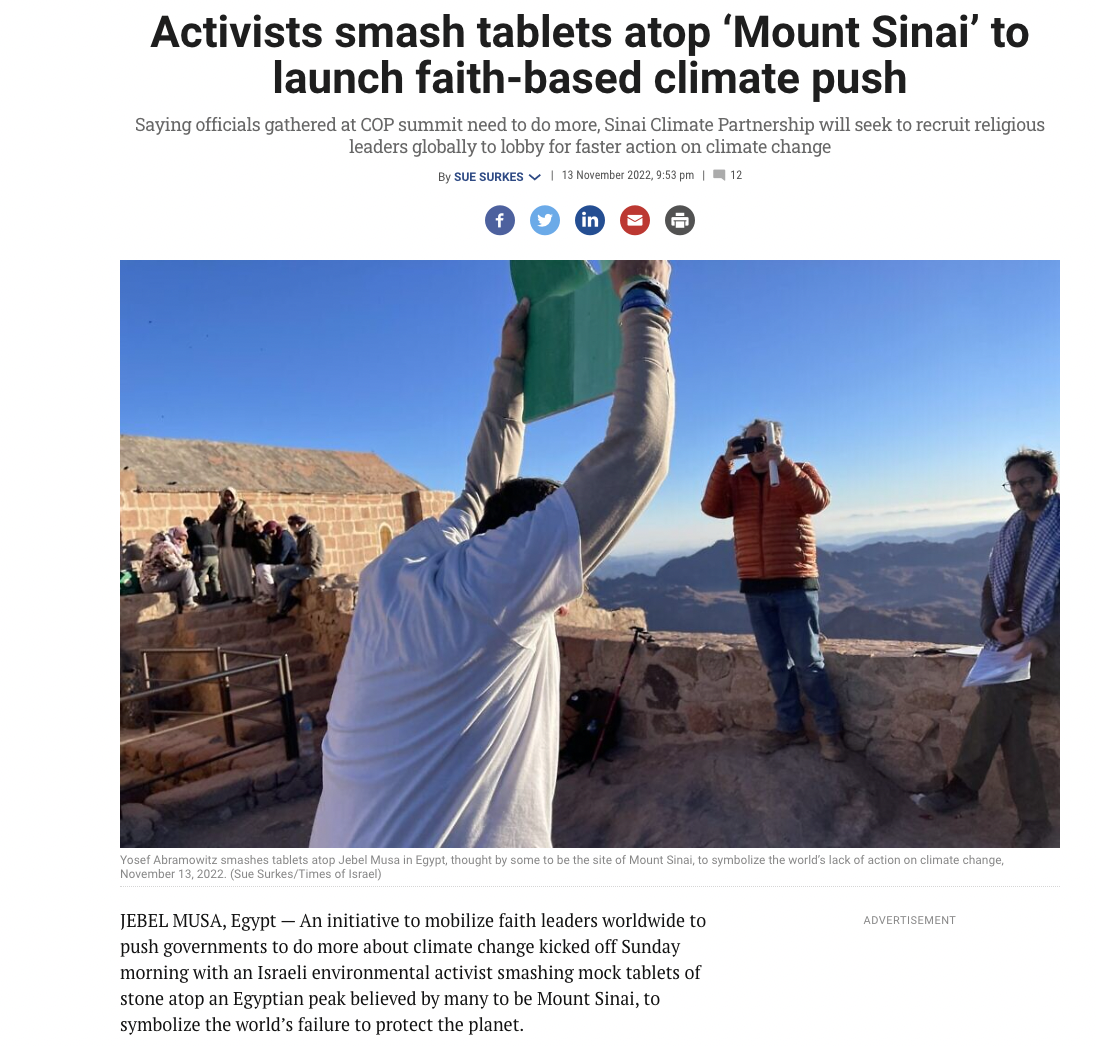
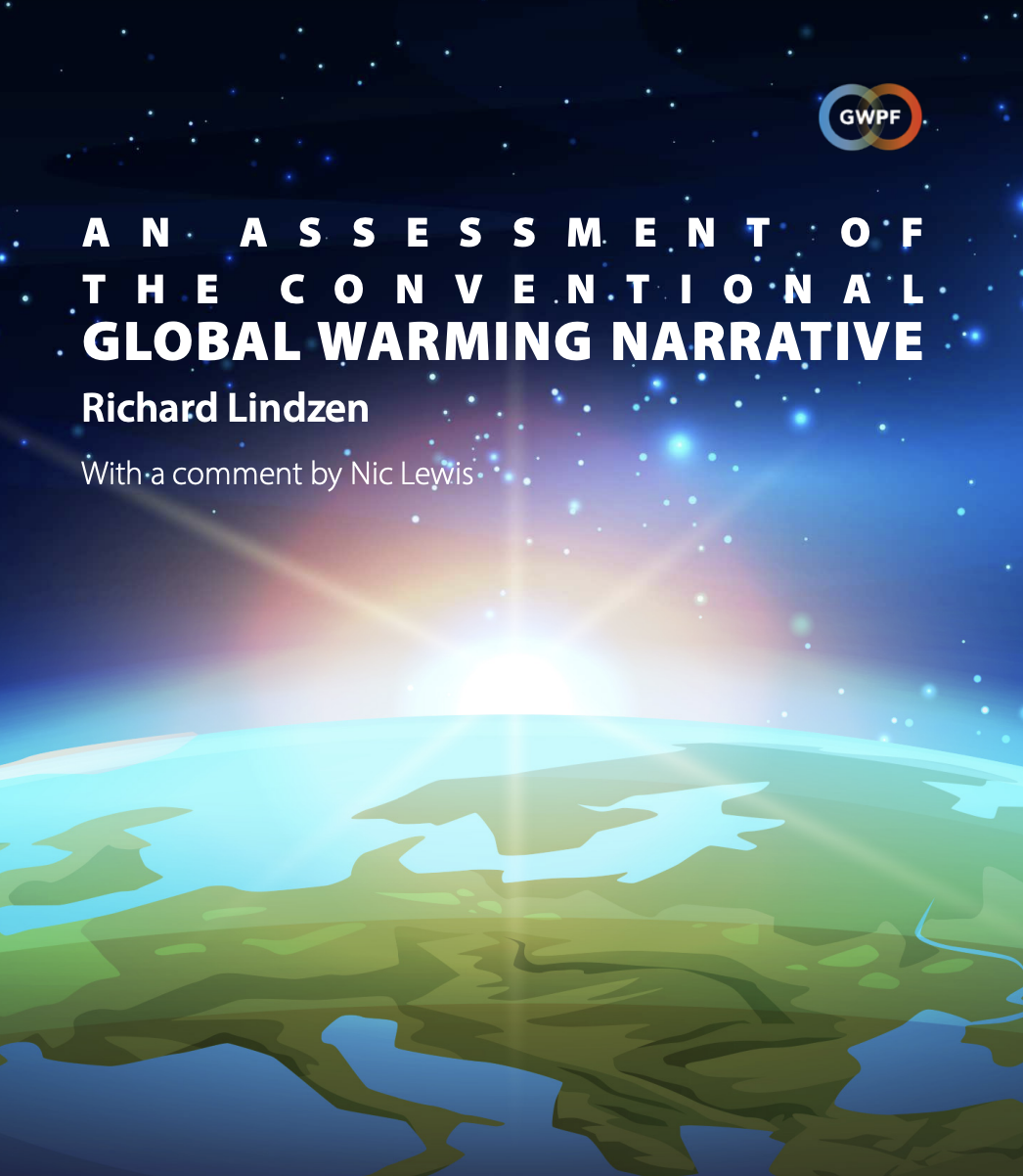 .
.
‘What must true theologians think’: ‘Pagan’ Greta Thunberg receives theology doctorate
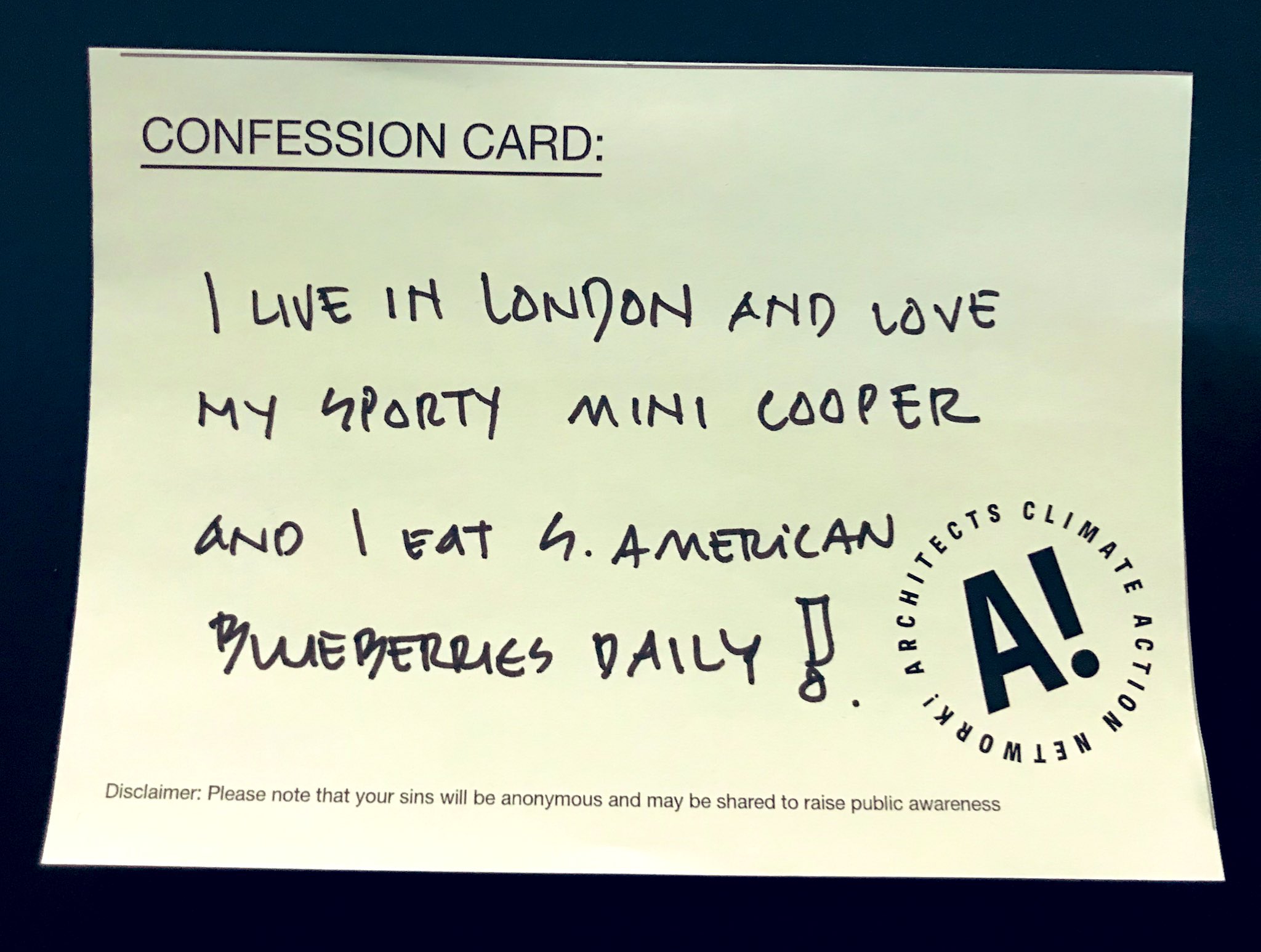
Witch-doctor Al Gore wields windmills to stop the storms & end coal’s ‘Culture of Death’ – ‘Gore recycles the overproof grade hellfire of centuries past’ – Jo Nova: Like a conglomerate witch-doctor cum pagan-preacher the only thing Al Gore recycles is the overproof grade hellfire of centuries past. Chieftain Al will stop the storms if only everyone will do as he says and invest in his climate asset fund. For he cometh armed with windmills that stop rain-bombs and solar panels that hold back the sea. …
Like medieval Occult leaders, superstitious rain dancers, and healers with magical cures, the modern witchdoctors have satellites and simulations, but run on the same old formula since time began. Fear, smear, demons, and magic. All prophesies are ambiguous. Nothing he sayth can be falsified.
Coal, apparently, is not just a source of emissions, but a veritable “culture of death.” Despite the era of coal being a time of record crop yields, bountiful food, travel, and exponential world population growth. Despite the working class of today being richer than the kings of centuries past. … Somehow drilling gas in Africa for Europe is “colonisation” but using African children to mine cobalt for our batteries is the work of saints.
"Tell your governments, your banks, and the businesses you buy from: no more excuses, no more half-measures. We need real #ClimateAction now.”
Yesterday, UN Secretary-General @antonioguterres was awarded the @TIME CO2 Earth Award.
Read his full speech 👇
— UN Climate Change (@UNFCCC) April 26, 2023


